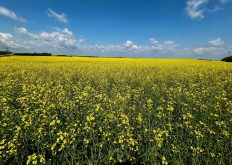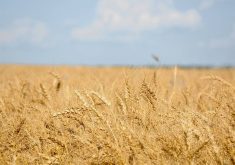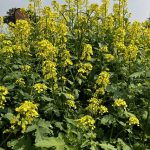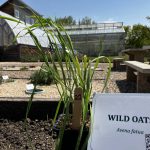Researchers at the University of British Columbia will spearhead a US$10.5 million project in three countries to create a reference genome for the sunflower plant family, potentially leading to a new dual-use hybrid.
The new research project, called Genomics of Sunflower, is to use “next-generation” genotyping and sequencing technologies to sequence, assemble and annotate the sunflower genome.
This also involves locating the genes responsible for “agriculturally important” traits such as oil content, flowering, dormancy and “wood producing” capacity, researchers said.
“The intent is to have the basis for a breeding program within four years” for a hybrid, project leader Loren Rieseberg of UBC said in a release Tuesday.
Read Also
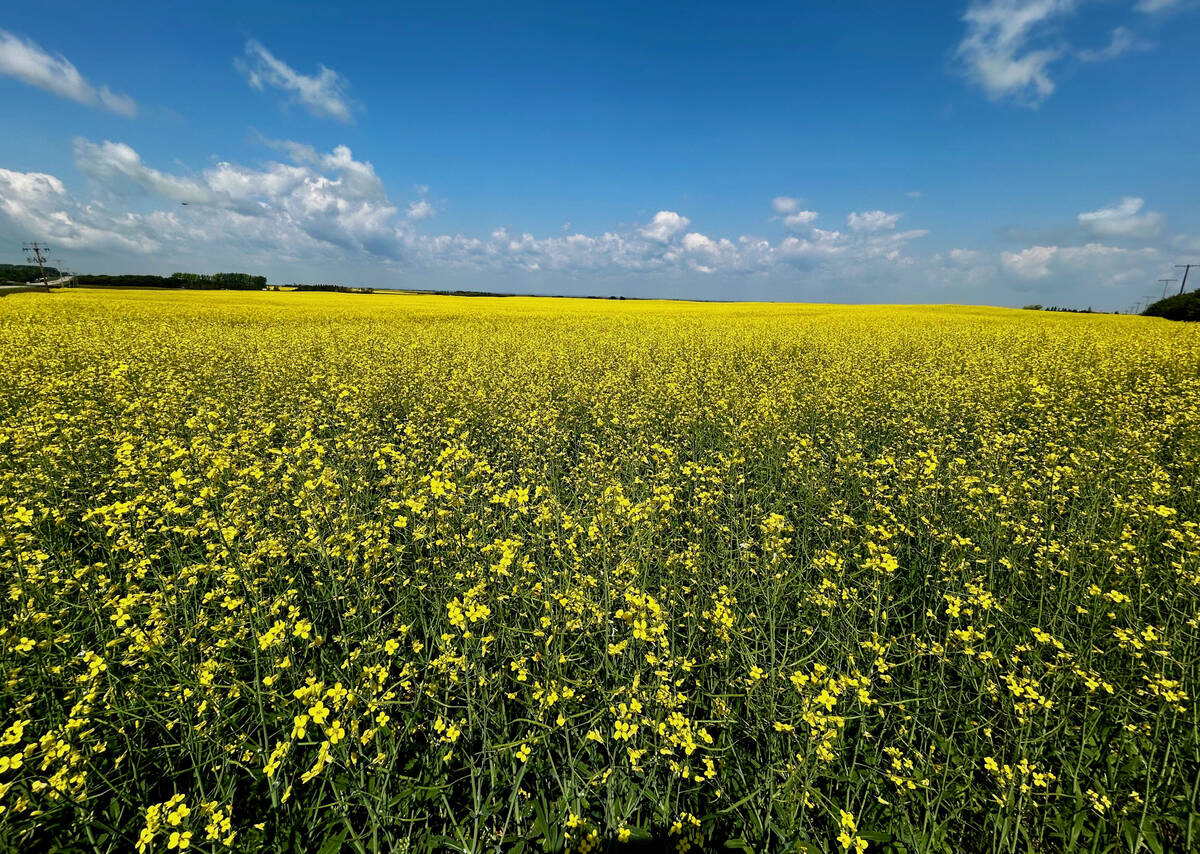
ICE canola weekly outlook: More upside possible
ICE canola futures have trended steadily higher for the past month, with more upside possible from a chart standpoint as market participants continue to account for easing tariffs from China.
“The seeds would be harvested for food and oil, while the stalks would be utilized for wood or converted to ethanol. As a dual-use crop it wouldn’t be in competition with food crops for land.”
For example, the wild Silverleaf species of sunflower sports tall, woody stalks that in one season can grow 10-15 feet tall and up to four inches in diameter. It could be crossbred with a “commercially valuable” sunflower plant that produces high-quality seeds.
As well, such an annual crop could carry Silverleaf’s drought resistance, making it suitable for use not only in North America but in subsistence agriculture, such as in sub-Saharan Africa, the team said.
“The potential applications of this research are extremely important, both globally and locally,” Alan Winter, CEO of Genome BC, said in the team’s release. Genome BC is a life sciences research cluster supported by federal, provincial and private-sector funding.
The project’s benefits could spill over into work on other crops and weeds, the team noted. UBC’s Nolan Kane, working with colleagues at France’s National Institute for Agricultural Research (INRA), is expected to handle much of the bioinformatics work for the project.
“The sunflower genome is 3.5 billion letters long — slightly larger than the human genome,” Kane said in the release. “The sunflower family is the largest plant family on Earth — encompassing several important crops and weeds. Mapping its genome will create a very useful reference template for the entire plant family, which will enable us to work on closely related species.”
“The complete sequence will give us a full draft of the genome and eliminate the arduous one-at-a-time process that we have been using up until this point,” said Steve Knapp of the University of Georgia, whose work is to include mapping for traits such as wood formation and development of germplasm for breeding.
The federal government, through Genome Canada and Genome BC, is to provide funding for the project, as are the U.S. Department of Agriculture, U.S. Department of Energy, and France’s INRA.


